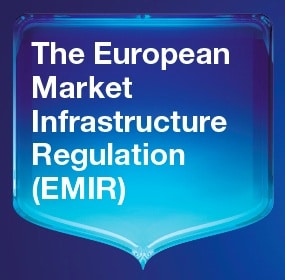Today is the last day for FX firms operating within the Europe Union to submit comments on the clarification of Foreign Exchange contracts, requested by a consultation that started
FX either publicly or as anonymous contributors, on the subject of how Foreign Exchange spot contract are defined across the EU, while questions were posed in the document with regards to how such contracts are construed in different scenarios and the resulting applicability of MiFID, as rather than when it’s construed as an investment, among other scenarios that changes how it’s perceived under applicable regulations.
An excerpt of the consultation highlights the challenge, “Article 39(2) of Regulation (EC) No 1287/2006 (MiFID L2) provides a specification of what constitutes a spot contract for the purposes of commodities, but not for FX contracts. The majority of Member States do not have a definition of a forward or delineate a boundary for FX spots in their legislation (5 have legislation, 13 do not – although 7 of these apply supervisory practices that delineate between spots and forwards) and in the minority of cases where they have, the approach adopted has differed. As a result this provision is not currently being applied on a harmonised basis across the Union.”
The difference of interpretation arose , as Forex Magnates reported, and as companies had to decide based on applicable rules within their country of operation, within the EU, – whether their spot foreign exchange business fell under the reportable instruments bounded under EMIR.
As , a reply from EC Commissioner Michel Barnier over the above mentioned concerns raised followed, as the reporting start date had just gone into effect, and the resulting consultation period that closes today will be gathering the feed back from different sides of the Foreign Exchange space. This includes all walks of FX life, from investment firms, to platform operators, interdealer brokers, online brokers and payment providers and vendors involved in facilitating payments, even if those payments are being made to pay for other non-FX related investments (such as foreign securities brokers converting in order to pay for domestic securities with foreign denominations).
An excerpt of the consultation document describes the many sides of FX, and how it can be construed in different context:
Transactions in foreign exchange are performed to fulfil 4 principle functions: (1) As a means of Payment, either in the real economy – to facilitate the payment for goods, services or direct investment; or the financial sector – to effect payment for financial market activity (2) Hedging: transactions may be used to hedge foreign currency risk for financial assets or commercial contracts; (3) Investment / speculation: foreign currency may be invested in as an asset and (4) Monetary and FX policies: central banks may undertake foreign exchange transactions as part of their monetary policies functions.
ESMA is closed today in observance of a national holiday in honor of the Schuman Declaration of 1950, so calling the establishment today won’t be eventful. Instead, participants can still submit their comments via email before the end of today, via the email address provided in its consultation document as follows: , or by following the instructions on the EC website, where a full copy of the FX .
As these , Forex Magnates will be moderating an in-depth panel consisting of who will be speaking to , on the subject of “Between EMIR and Dodd-Frank – Regulatory Changes and their Effect on Brokerages.”





Be First to Comment